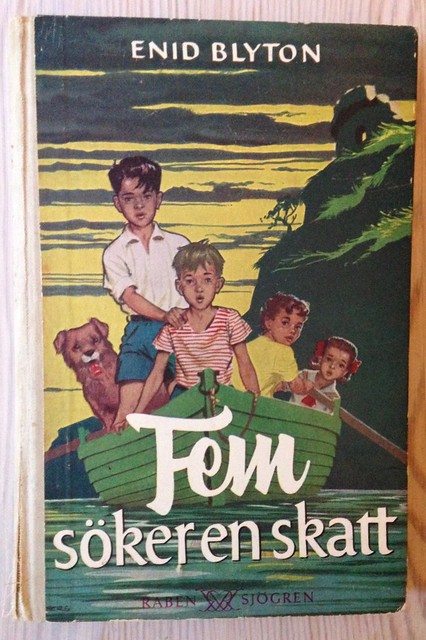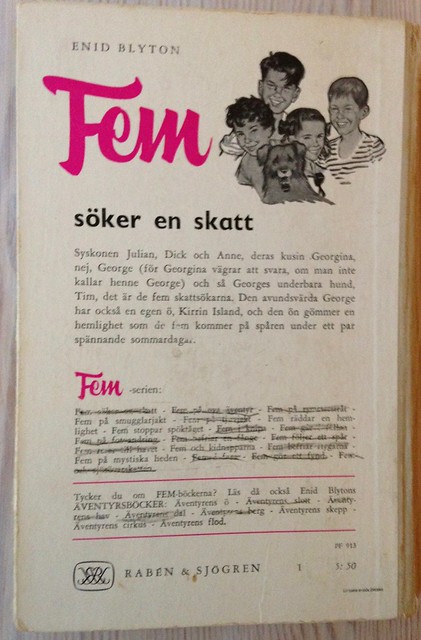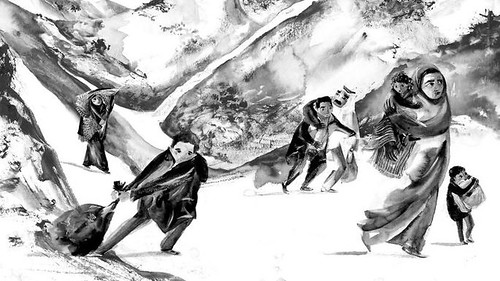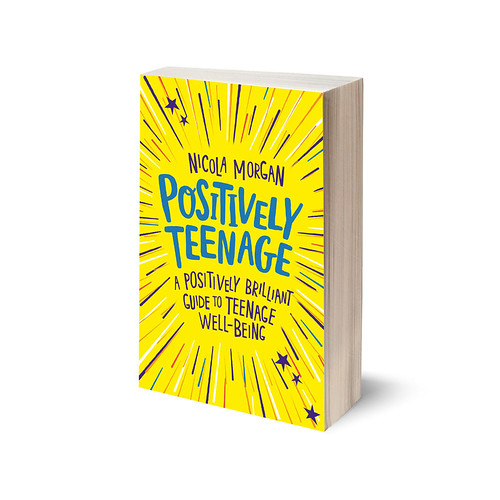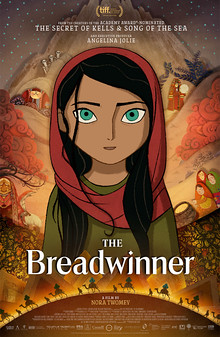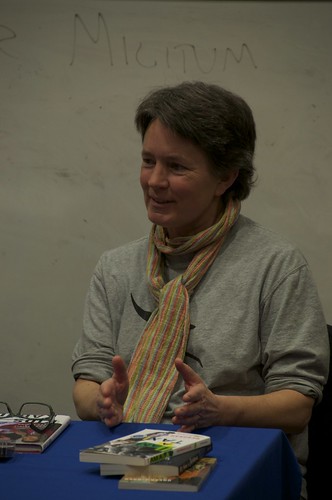Whenever I’m asked if I have a book inside me, I tend to say ‘no’ and joke a little about how uncomfortable that would be. All sharp corners and stuff.
Occasionally I feel it’d be fun to do a Bookwitch book, but that’s not what I’m here for today.
Some weeks ago I got almost angry when it dawned on me that there is a market not catered to; young, very young, mostly male, ‘readers’ who love trains. I love trains, but I know people who love them more.
When Toddler Tollarp paid us a visit earlier in the month, I wanted to have something to entertain him with. Something that wasn’t toy cars or Duplo. And you already know about Master Happy’s love for a good diesel train.
I reckon there are many more train fans such as these two. Tollarp is only two, but understands his trains. Happy is almost four now. They will love trains for quite some time, if treated right.
So what I would want are coffee table books with photos of trains, for younger readers. They should be proper books, with mostly good quality photos, and some informative text, but not too much. The book[s] could be a little smaller than a grown-up’s coffee table book, because they are heavy if made with nice paper, and large, with sharp corners, and could be awkward for short arms to handle.
Such a book should be thick, with plenty of pages. No board book, obviously, but perhaps more rip-proof paper than its older version. No need for a lot of explanation as to what a train is and all that. They know.
There would need to be new books for the grandparents to buy for each birthday and Christmas.
Sounds simple, doesn’t it? When I’d got this far I looked online, in the hopes that someone already has acted on a similar idea. Doesn’t look like it. A few childish, and very short, books were what I found.
So I came to the conclusion that I’d have to make one myself. But even if I found someone willing to let me do this, or I suppose there is always self-publishing, I’d need to know stuff I don’t. Like how to source photos. And much more.
Young men need their trains.


